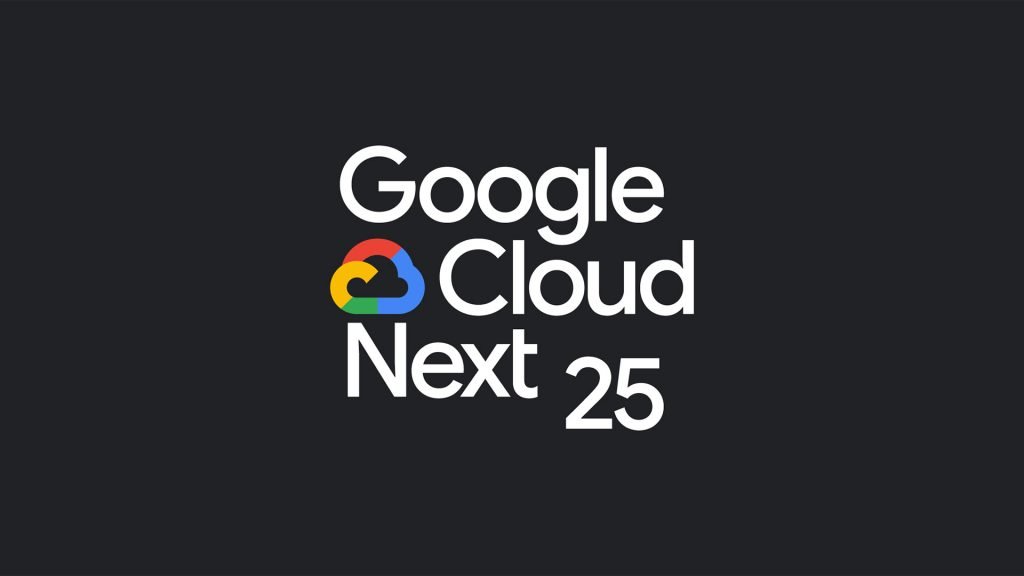In the fast-evolving world of healthcare, technology is playing a pivotal role in improving patient care, streamlining operations, and enhancing overall efficiency.
Cloud computing, in particular, is emerging as a game-changer in the healthcare sector. By providing scalable, flexible, and cost-effective solutions, cloud computing is transforming how healthcare providers manage data, collaborate, and deliver services. Here are five key ways cloud computing is revolutionising the healthcare industry, along with insights into how a few companies are leading the charge:
1. Improved Data Storage and Accessibility
Gone are the days of physical filing cabinets and on-site servers. Cloud computing allows healthcare organisations to store vast amounts of patient data securely, all in one place. Electronic Health Records (EHR) and Electronic Medical Records (EMR) can be accessed anytime, anywhere, enabling healthcare professionals to provide faster and more accurate diagnoses.
Epic Systems, a leading EHR provider, leverages cloud computing to allow healthcare organisations to access patient records remotely. Epic’s cloud-based services enable clinicians and specialists to access patient data from any location, ensuring that information is readily available when needed. This significantly improves the efficiency of care, particularly for patients with complex health needs who may need care from multiple providers.
Cerner has also integrated cloud-based solutions to offer healthcare organisations the ability to store patient data securely on the cloud. Its platform, Cerner Millennium, provides real-time access to health records, allowing for more efficient care delivery across various facilities.
2. Collaboration and Communication Across Multiple Locations
Healthcare is increasingly becoming a collaborative effort, with various specialists working together on patient care. Cloud computing makes this process seamless by allowing healthcare professionals to collaborate effortlessly, regardless of their physical location. Whether a doctor is in a remote area or a hospital, cloud-based systems provide real-time access to patient data, test results, and medical imaging.
Teladoc Health, a leader in telemedicine, uses cloud computing to power its virtual care platform. This platform enables doctors to provide consultations, follow-ups, and treatment plans through video calls, accessible from anywhere. With cloud integration, Teladoc can scale its services, making healthcare more accessible in underserved and remote areas.
Google Cloud is helping hospitals such as Ascension and Cleveland Clinic leverage cloud technology for better collaboration. By integrating Google’s cloud-based healthcare solutions, these hospitals are able to share patient data securely among multiple specialists and locations, improving efficiency and enhancing patient care.
3. Cost Savings for Healthcare Providers
Cloud computing reduces the need for healthcare organisations to invest in expensive IT infrastructure, such as physical servers and storage devices. With cloud solutions, healthcare providers pay only for the resources they use, which allows for better cost control and operational efficiency. These savings can then be reinvested into improving patient care and enhancing hospital facilities.
Mayo Clinic has adopted a cloud-based solution through Amazon Web Services (AWS) to scale its computing needs. This allows the clinic to avoid large upfront capital expenditures on hardware while maintaining the flexibility to expand as needed. AWS also helps Mayo Clinic manage large amounts of research data, leading to cost savings in data storage and computational resources.
Allscripts, a healthcare technology company, offers cloud-based EHR solutions that help smaller practices save on the cost of maintaining in-house IT systems. These systems are also easier to update and maintain, reducing the need for extensive IT support.
4. Enhanced Data Security and Compliance
Data security is one of the biggest concerns in healthcare, given the sensitive nature of patient information. Cloud providers prioritise security through advanced encryption methods, multi-factor authentication, and constant monitoring. Many cloud platforms also comply with healthcare-specific regulations, such as HIPAA in the United States or GDPR in the European Union, ensuring that patient data is stored and shared in a secure, compliant manner.
Microsoft Azure provides cloud solutions for healthcare organisations that prioritise data security and compliance with HIPAA. Healthcare providers using Azure benefit from industry-leading security features, including end-to-end encryption, to safeguard patient information. Organisations such as Health First have trusted Azure to handle sensitive patient data securely while remaining compliant with regulations.
Box offers a cloud storage solution specifically designed for healthcare providers, ensuring that patient information is stored in compliance with HIPAA. Box’s platform includes granular access control features, allowing organisations to manage who can view, edit, and share sensitive data.
5. Big Data Analytics for Better Decision-Making
Cloud computing has the power to handle vast amounts of data — something that is increasingly important in healthcare. By leveraging cloud-based data analytics tools, healthcare providers can analyse patient data, identify trends, and make data-driven decisions. This enables better diagnosis, personalised treatment plans, and improved patient outcomes.
IBM Watson Health, powered by IBM’s cloud technology, uses artificial intelligence and machine learning to analyse vast datasets from clinical trials, patient records, and medical literature. By analysing this data, Watson Health helps healthcare providers make more accurate diagnoses, predict disease outcomes, and suggest personalised treatments.
Cerner‘s HealtheIntent is a cloud-based population health management platform that analyses large datasets to help healthcare providers identify patterns in patient care, predict health outcomes, and make more informed decisions. This platform allows for personalised care plans and proactive interventions, improving patient outcomes and reducing healthcare costs.
Want to learn more about cybersecurity and the cloud from industry leaders? Check out Cyber Security & Cloud Expo taking place in Amsterdam, California, and London.
Explore other upcoming enterprise technology events and webinars powered by TechForge here.








